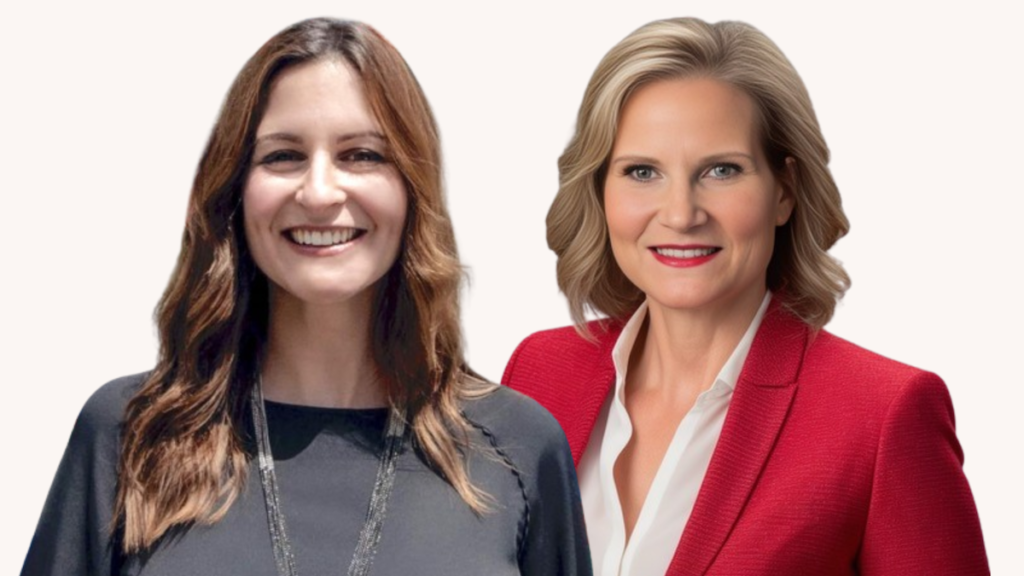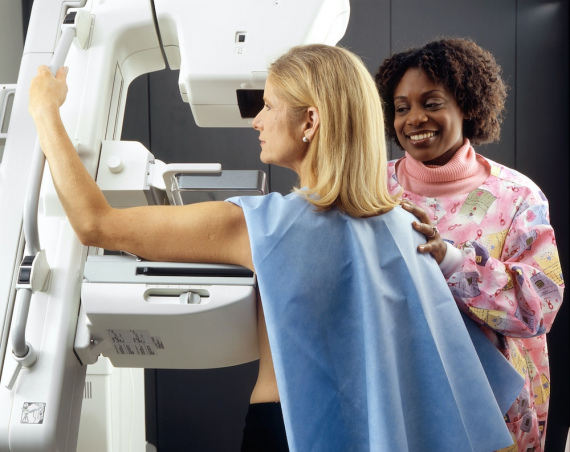
The following guest post was written by Dr. Karla Loken, DO OBGYN FACOOG, Chief Medical Officer of a women’s health company FEMSelect and Liz Weir, Chief Marketing Officer of LevLane Advertising.
2023 was a pivotal year for women as pop culture and feminism collided in ways that they never have before.
It was the year that gave us the “Barbie” movie. It gifted us with both Taylor Swift’s iconic Eras Tour and Beyoncé’s record-breaking Renaissance Tour. We witnessed Rihanna headline the Super Bowl halftime show and celebrated historic milestones as women of color took center stage at major awards ceremonies.
So naturally, our expectations for how women are viewed in our culture in 2024 have been elevated. We even kicked off the 2024 awards season with Gillian Anderson’s “vulva dress” 2024 Golden Globe Awards. But despite the movement in some areas, we’ve found the women’s health sector stuck in the same place it’s been for decades when it comes to advertising: rejected.
Meta, Facebook’s parent company, permanently rejected an ad we submitted as “adult commentary.” The salacious word in question?
“Kegel.”
And we aren’t the only ones. Just last week, FKA Twigs called out the Advertising Standards Authority (ASA), the UK’s independent advertising regulator, for rejecting her Calvin Klein ad. In November, Meta rejected a period care ad by gynecological health platform Daye for being “adult.” In October, Mashable reported that Meta rejected sex toy brand Unbound’s ads (until they altered them to be male-focused).
According to the Ad Equality Report by the Center for Intimacy Justice (CIJ), “vagina,” “vulva,” “pelvic muscles,” “menopause,” and “period pain” are other categories and terms that were rejected, while at the same time “get hard” and “shaving your balls” ads appear ubiquitously.
The hurdles we’ve had to overcome to promote an FDA-approved medical device for women are remarkable. The permanent rejection of our ad campaign highlights the biases that persist not only in the women’s healthcare sector but also within the burgeoning world of AI. If tech giants like Meta can’t get behind the conversation surrounding women’s health, how can we expect AI to learn?
Ads about erectile dysfunction (ED), sexual wellness, and vibrators are accepted and commonplace, while simply attaining coverage for women’s healthcare and birth control lags decades behind.
And to be clear, there’s nothing wrong with ads that highlight ED or sexual wellness products — the issue lies in the extra steps that we’ve had to take to try to educate and reach women.
Marketing for women’s health continues to be fraught with challenges, forcing us to combat a culture that views women’s health issues as inappropriate and something to be embarrassed about — we’re fighting tech conglomerates that label medical terms like “breast” and “pelvic floor” as “adult content.”
We expect more as women and as advocates. Yet, we’re left disappointed again at how these archaic, taboo perceptions attached to female, gynecological, and maternal health have impeded our efforts to educate around new options available in women’s health products and services.
These trends reveal a systemic failure that extends far beyond the ads women see daily; it traces back to how women’s healthcare has historically been — and still is — funded, researched, and addressed.
So, when did “Kegel” and “vulva” become dirty words?
Perhaps it’s a throwback to more puritanical standards where women’s issues were deemed inappropriate to discuss in mixed company. Perhaps it’s deeply rooted in our perceptions of maintaining our childbearing abilities. Perhaps it’s neither. Whatever the reason, the system has let us down in countless subtle yet insidious ways, and somewhere along the line, women internalized that stigma, believing that discussing our bodies was somehow improper.
Products, advertising, and popular culture constantly imply that women should lose weight, delay aging, or put up a battle against the (very natural) experience of menopause as if there’s something inherently wrong with our bodies that needs to be fixed.
What we need is science-based, data-backed information that encourages, empowers, and educates women so they can talk about their health openly and without hesitation.
What we need to do is dismantle the stigma surrounding women’s health and wellness.
What we need is to hold tech companies accountable for their decisions, whether algorithmic or human, so we don’t amplify existing biases.
What we need is to be able to use real words to talk about real issues.
It’s just anatomy.



